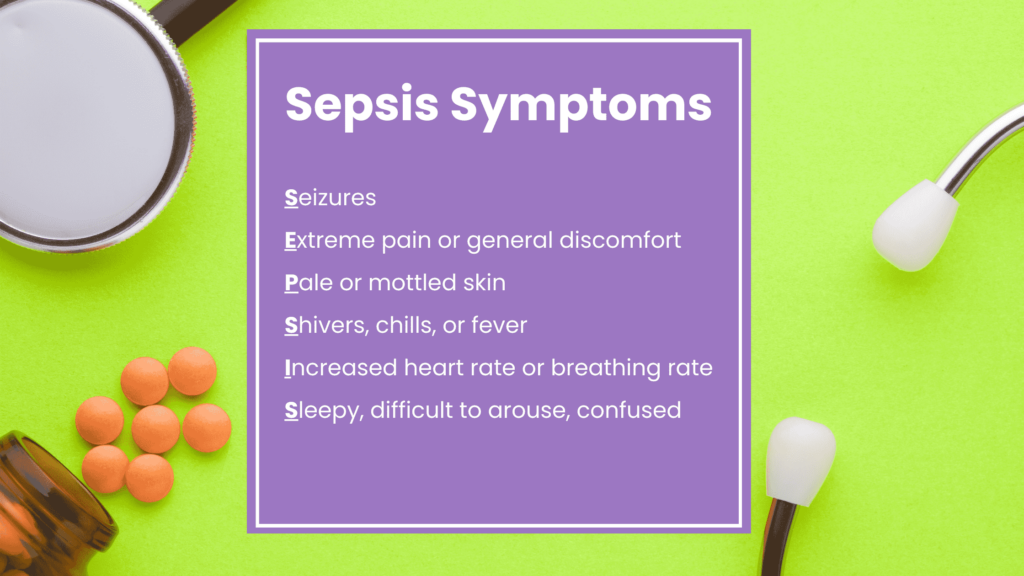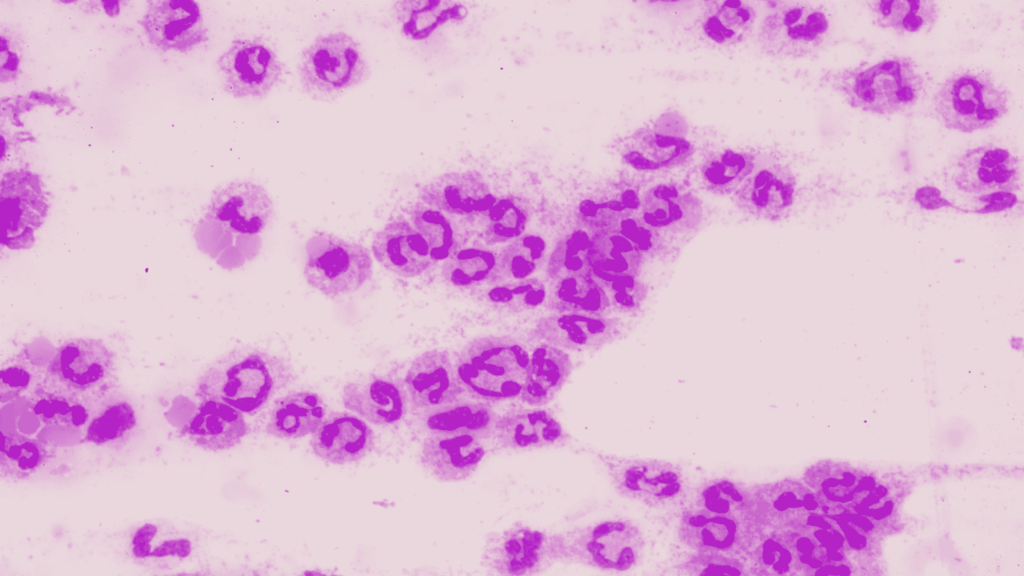Sepsis Awareness Month: Know the Signs and Save Lives
We observe Sepsis Awareness Month in September as a time to raise awareness of this life-threatening condition. Sepsis is the body’s extreme response to an infection, and it can quickly lead to tissue damage, organ failure, and death.
What is sepsis?
Sepsis is a medical emergency that occurs when the body’s response to an infection damages its own tissues and organs. The infection can start anywhere in the body, but the most common sites are the lungs, urinary tract, and skin.
Signs and symptoms of sepsis

The signs and symptoms of sepsis can vary depending on the person and the severity of the infection. However, some common signs include:
• Fever
• Chills
• Rapid breathing
• Rapid heart rate
• Confusion
• Low blood pressure
• Pale or mottled skin
• Rash
• Seizures
• Extreme pain or general discomfort
If you think you or someone you know may have sepsis, it is important to seek medical attention immediately.
How is sepsis treated?
Sepsis is treated with antibiotics and fluids. In some cases, surgery may also be necessary to remove the source of the infection.
How can sepsis be prevented?
The best way to prevent sepsis is to prevent infections in the first place. This can be done by:
• Washing your hands often with soap and water
• Getting vaccinated against common infections, such as pneumonia and the flu
• Taking care of cuts and scrapes
• Practicing safe sex

Raising Awareness
In addition to raising awareness, Sepsis Awareness Month is a time to encourage people to learn the signs and symptoms. By knowing the signs and symptoms, you can help save lives.
Here are some ways you can help raise awareness of sepsis during September:
• Wear a purple ribbon, the color of sepsis awareness
• Talk to your friends and family about sepsis
• Share information about sepsis on social media
• Donate to a sepsis awareness organization
Together, we can help raise awareness of sepsis and save lives.


